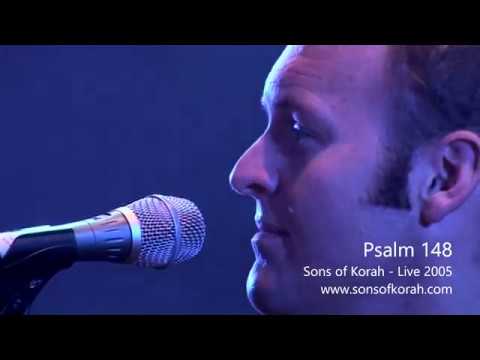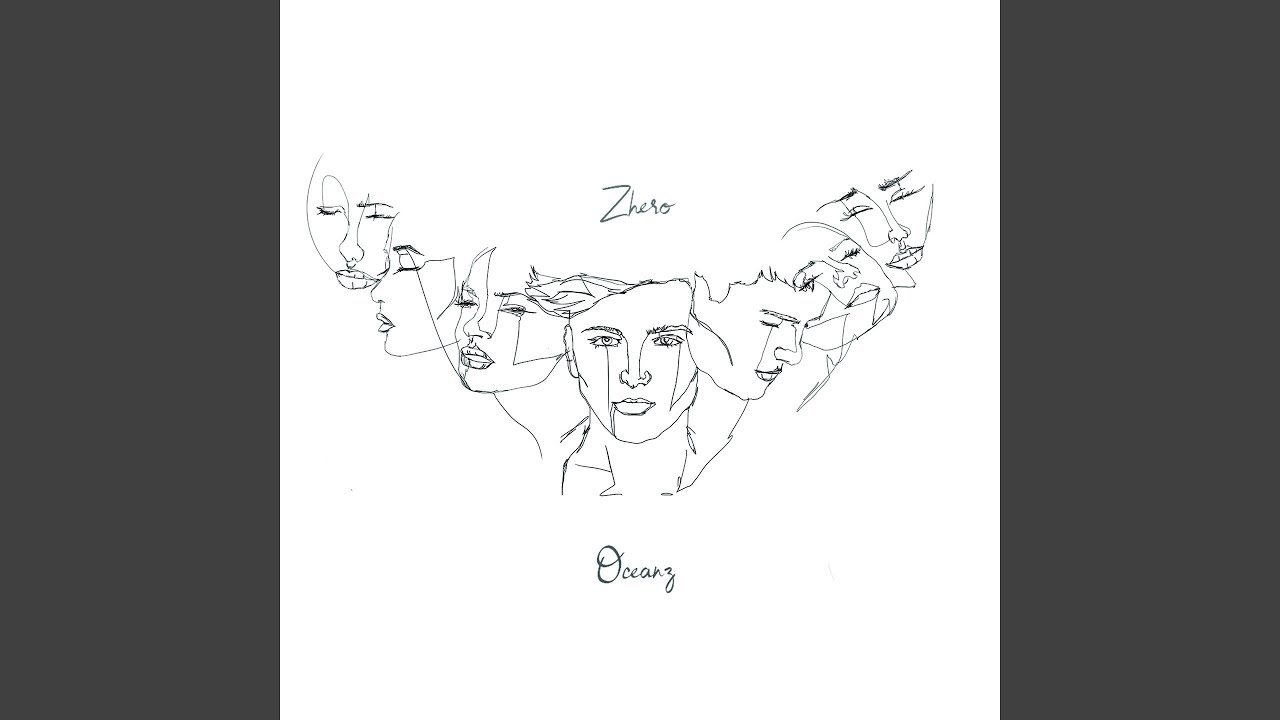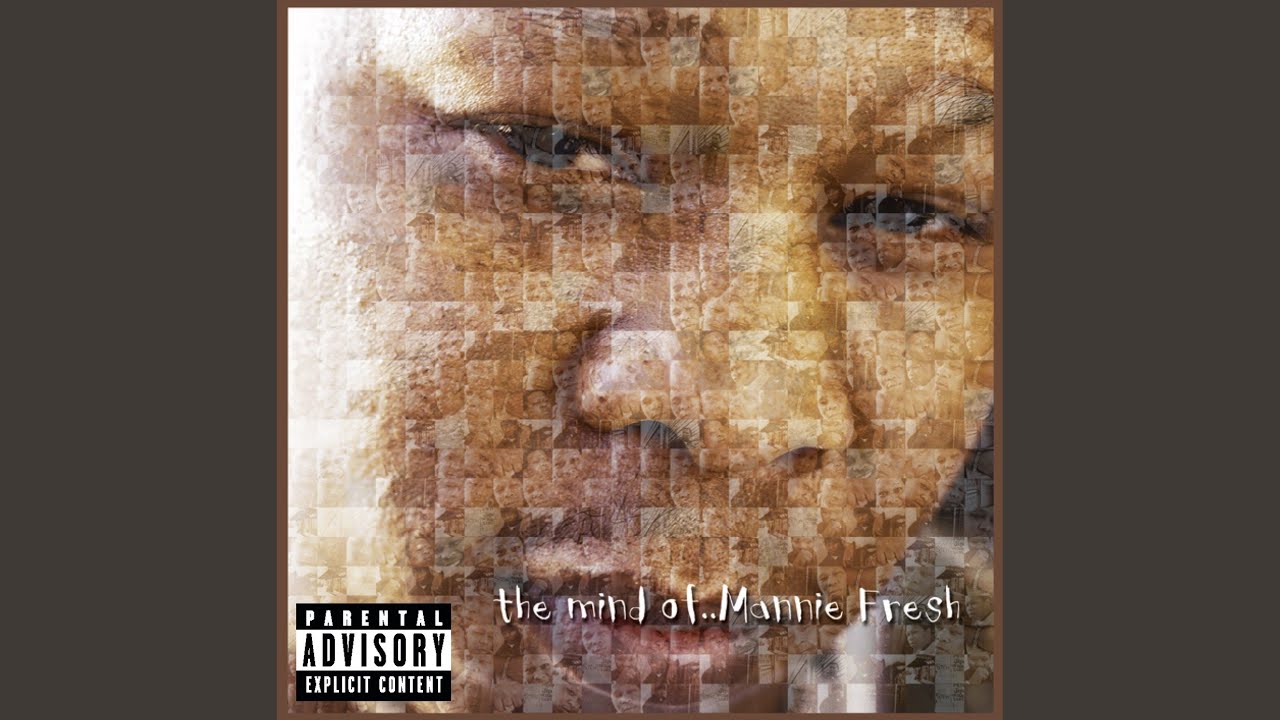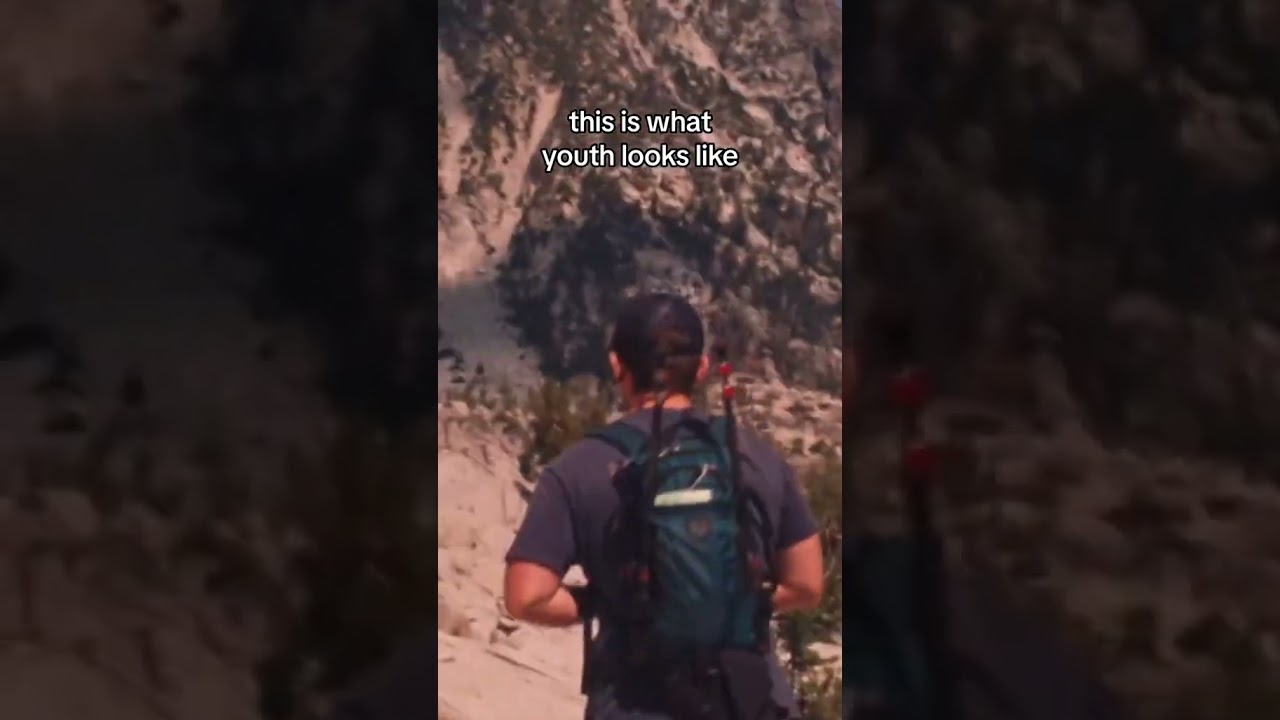Filmed in 2005 in our home town of Geelong Australia.
Psalm 80 is a communal lament probably occasioned in its original setting by the destruction of the northern kingdom of Israel in 722 BC (2 Kings 17). The Assyrian capture of Samaria and the deportation of the people of Israel left the two small tribes of Judah in the south shocked and alone. Their brothers in the north were gone forever and the family of God's people was now but a tiny remnant compared to the glory of the past. God had bought in the Assyrians to destroy the northern kingdom for its sins. The writer of Kings explains saying, 'All this took place because the Israelites had sinned against the LORD their God, who had brought them up out of Egypt from under the power of Pharaoh king of Egypt. They worshipped other gods and followed the practices of the nations the LORD had driven out before them, as well as the practices that the kings of Israel had introduced' (2 Kings 17:7,8). This was a sobering event for the remnant that remained in the south and a solemn warning that rebellion and idolatry spell disaster. Aware that they are not a whole lot better than their northern brothers the people of Judah now cry out in the words of this psalm for God to save them from the same fate.The appeal to God as the shepherd of Israel is a reminder to God of his covenant love for his people. They were seeing the anger of God unleashed before them and in desperation they appeal to his mercy. The plea for God to make his face shine upon his people is a call for God's special loving favour to be shown again to his people. Restoration is what they called for. The original mighty nation that God had raised up from Abraham, pictured here as a vine, was now 'cut down and burned with fire.' The great covenant vision of a glorious kingdom of Yahweh that shone before the whole earth was being dashed to pieces before their eyes. Instead of being a light to the world the nation was now an object of scorn and ridicule.At the end of the psalm there is the plea that God would rest his hand upon the son of man at his right hand, the resurrected son of man. In its original context this refers to Israel as the firstborn son of God and the right-hand man of God among the nations.
But in the light of the coming of Christ, and from theological point of view particularly, this appeal can only have any weight if it is ultimately an appeal to the risen Christ. Christ became the representative of Israel in his life and death. His life is our righteousness and his death is our forgiveness. This applies now and retrospectively to any person in the past to whom the favour of God was ever shown. This was only possible, indeed, prayer itself was only ever possible, because of what Jesus did. His resurrection was the trumpet call of victory over judgement and therefore it is to the resurrected of Christ that we appeal for God to hear and answer our prayers. Verse 17 must therefore be taken as a Messianic reference. Israel was the son of God as also are we because Jesus was the firstborn of God who, through his death and resurrection legitimized us all as God's children.
This is therefore the strongest appeal of the whole psalm. All our appeals in prayer are made 'for Jesus sake' and 'in Jesus name.' To ask God to remember the Son of Man whom he raised up is an appeal such that God has bound himself to hear. We therefore pray that God would make this favour shine upon us for Jesus' sake.
Be blessed.




















Comments